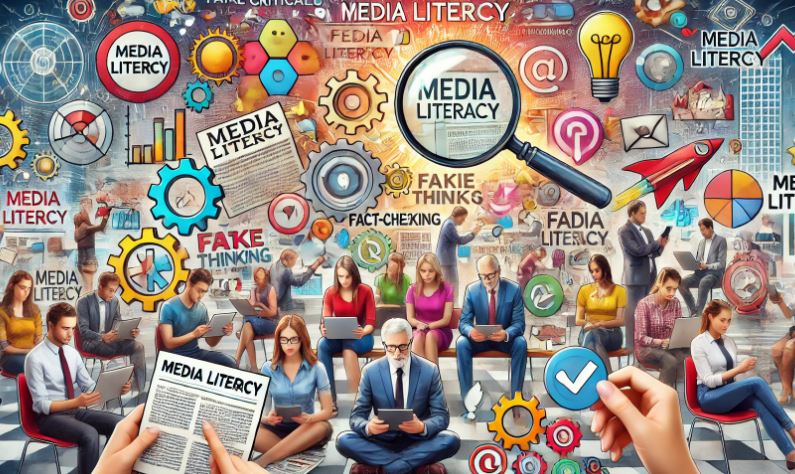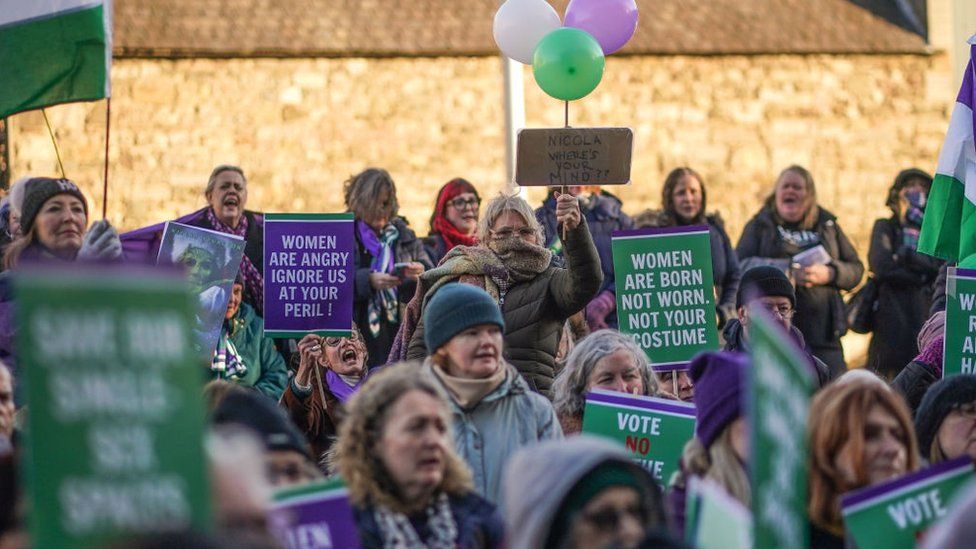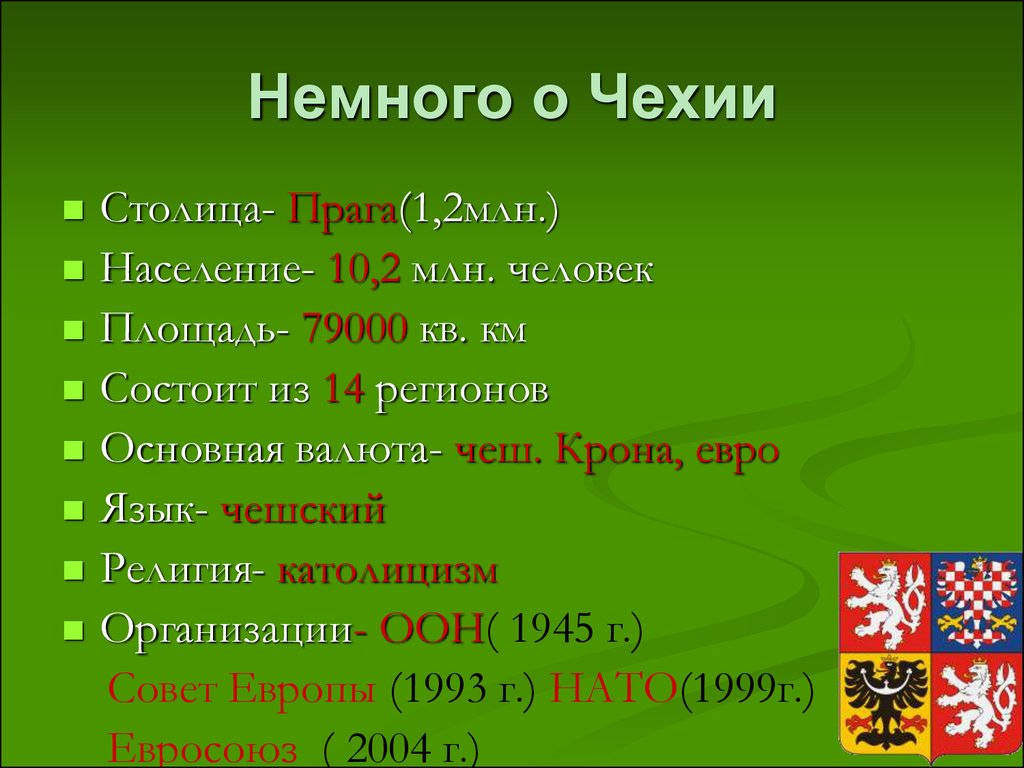Combating Misinformation: CNN Experts Explain The Challenges

Table of Contents
The Speed and Scale of Misinformation Spread
The sheer speed and scale at which misinformation spreads today are unprecedented. This rapid dissemination is fueled by several key factors, making the fight against false information a constant uphill battle.
The Role of Social Media
Social media platforms, while offering incredible opportunities for connection and information sharing, have also become breeding grounds for the spread of misinformation. Several factors contribute to this:
- Algorithms designed for engagement, not truth verification: Social media algorithms prioritize content that generates engagement, regardless of its accuracy. This means sensational, emotionally charged, and often false information can go viral quickly, outpacing fact-based content.
- Rapid dissemination across vast networks: The interconnected nature of social media allows misinformation to reach millions in a matter of hours or even minutes. A single false post can be shared and re-shared countless times, amplifying its impact exponentially.
- Lack of accountability for misinformation spreaders: The anonymity and relative lack of accountability on many platforms allow individuals and groups to spread false information without fear of significant repercussions.
- The amplification effect of bots and automated accounts: Bots and automated accounts can be used to artificially inflate the reach and visibility of misinformation, making it appear more credible and widely accepted than it actually is.
- The challenge of identifying and removing false content quickly: Social media companies struggle to effectively and efficiently identify and remove false content before it reaches a massive audience. The sheer volume of posts and the sophisticated techniques used to spread misinformation make this a significant challenge.
The Power of Visual Misinformation (Deepfakes and manipulated images)
The rise of sophisticated technology, particularly in the realm of deepfakes and manipulated images, adds another layer of complexity to the fight against misinformation.
- Increasingly sophisticated technology making detection difficult: Deepfakes, realistic-looking videos or images created using artificial intelligence, are becoming increasingly difficult to distinguish from genuine content, even for experts.
- The psychological impact of believable, yet false, visuals: Visual misinformation is particularly powerful because it leverages our innate trust in what we see. Believable, yet false, visuals can have a profound psychological impact, leading to widespread belief in fabricated events.
- The challenge of educating the public on how to identify deepfakes: Educating the public on how to spot deepfakes and other forms of visual misinformation is crucial, but it requires ongoing efforts and the development of easily accessible resources.
- The legal and ethical implications of deepfake technology: The potential misuse of deepfake technology raises significant legal and ethical concerns, requiring careful consideration of regulations and responsible use guidelines.
The Psychological and Emotional Impact of Misinformation
The consequences of misinformation extend far beyond simply spreading false information; it has a profound psychological and emotional impact on individuals and society.
Erosion of Trust in Institutions
The consistent bombardment of misinformation erodes trust in established institutions, including government, media, science, and healthcare.
- The impact on public health during pandemics (e.g., vaccine hesitancy): The spread of misinformation about vaccines during the COVID-19 pandemic led to significant vaccine hesitancy, resulting in preventable illnesses and deaths.
- Political polarization and the spread of conspiracy theories: Misinformation often fuels political polarization by reinforcing existing biases and spreading conspiracy theories that divide communities.
- The decline in trust in traditional news sources: The proliferation of false narratives has contributed to a decline in trust in traditional news sources, even those with a long history of accurate reporting.
- The rise of echo chambers and filter bubbles: Algorithms and social media create echo chambers, reinforcing existing beliefs and limiting exposure to diverse perspectives, making individuals more susceptible to misinformation.
The Spread of Conspiracy Theories and Their Consequences
Conspiracy theories, often fueled by misinformation, can have devastating real-world consequences.
- Examples of harmful conspiracy theories and their real-world effects: Examples include anti-vaccine conspiracy theories, QAnon, and various other harmful conspiracy theories that have incited violence, fueled discrimination, and undermined public health initiatives.
- The psychological mechanisms that make people susceptible to conspiracy theories: Psychological factors, such as confirmation bias, motivated reasoning, and a need for certainty, can make individuals more susceptible to believing conspiracy theories.
- The role of confirmation bias and motivated reasoning: People tend to seek out information confirming their existing beliefs and dismiss information that contradicts them, a phenomenon known as confirmation bias. Motivated reasoning involves interpreting information in a way that supports one’s desired conclusions.
- The difficulty in debunking deeply entrenched beliefs: Once a conspiracy theory has taken root, it can be incredibly difficult to debunk, even with compelling evidence. This is because beliefs often become intertwined with an individual's identity and worldview.
Strategies for Combating Misinformation
Combating the spread of misinformation requires a multi-pronged approach involving education, technology, and responsible journalism.
Media Literacy Education
Improving media literacy is crucial in empowering individuals to critically evaluate information.
- The importance of critical thinking skills: Educating individuals in critical thinking skills enables them to analyze information sources, identify biases, and assess the credibility of claims.
- The need for effective fact-checking resources: Providing access to credible and reliable fact-checking resources is essential for helping individuals distinguish between true and false information.
- Educating individuals on how to identify and evaluate sources: Individuals need to learn how to identify credible sources of information and evaluate the reliability of online content.
- Promoting digital citizenship and responsible online behavior: Promoting digital citizenship encourages individuals to engage responsibly with online information and avoid spreading misinformation.
Technological Solutions and Platform Responsibility
Technology companies have a significant role to play in curbing the spread of misinformation.
- The role of social media companies in combating misinformation: Social media companies must take proactive steps to identify and remove misinformation from their platforms, while protecting freedom of speech.
- The development of AI-powered tools for detecting false content: AI-powered tools can help identify and flag potentially false content, although they are not perfect and require careful human oversight.
- The need for transparency and accountability from tech platforms: Tech platforms need to be more transparent about their algorithms and policies for handling misinformation, and be held accountable for their effectiveness.
- The challenges of balancing free speech with the need to combat misinformation: Striking a balance between protecting free speech and combating misinformation is a complex challenge that requires ongoing dialogue and careful consideration.
The Role of Fact-Checkers and Independent Journalism
Independent journalism and fact-checking organizations play a crucial role in combating misinformation.
- The importance of credible and independent news sources: Supporting credible and independent news sources is essential for accessing accurate and unbiased information.
- The need for rigorous fact-checking and verification processes: Rigorous fact-checking and verification processes are essential for ensuring the accuracy of information.
- The challenges facing fact-checkers in a rapidly evolving information landscape: Fact-checkers face the challenge of keeping up with the rapidly evolving information landscape and the constant emergence of new forms of misinformation.
- The need for support and funding for investigative journalism: Investigative journalism is crucial for uncovering and exposing misinformation campaigns, and it requires adequate funding and support.
Conclusion
Combating misinformation is a complex and multifaceted challenge that requires a collaborative effort from individuals, institutions, and technology companies. By understanding the mechanisms through which misinformation spreads, its psychological impact, and the strategies for countering it, we can begin to build a more informed and resilient society. To further learn about the battle against misinformation and how you can play a role in combating it, continue your exploration with more in-depth resources on CNN’s website. Let's all work together to fight misinformation and strengthen the foundations of truth and trust. Learning to identify and avoid misinformation is crucial for a healthy democracy; make combating misinformation a priority.

Featured Posts
-
 Arsenals Title Bid Souness Highlights Crucial Role
May 02, 2025
Arsenals Title Bid Souness Highlights Crucial Role
May 02, 2025 -
 15 April 2025 Daily Lotto Results
May 02, 2025
15 April 2025 Daily Lotto Results
May 02, 2025 -
 Norfolk Mp Battles Nhs In Supreme Court Over Gender Issues
May 02, 2025
Norfolk Mp Battles Nhs In Supreme Court Over Gender Issues
May 02, 2025 -
 Rossiya I Chekhiya Ukreplyayut Ekonomicheskie Svyazi
May 02, 2025
Rossiya I Chekhiya Ukreplyayut Ekonomicheskie Svyazi
May 02, 2025 -
 Family Shares Poignant Tribute To Manchester Uniteds Poppy
May 02, 2025
Family Shares Poignant Tribute To Manchester Uniteds Poppy
May 02, 2025
